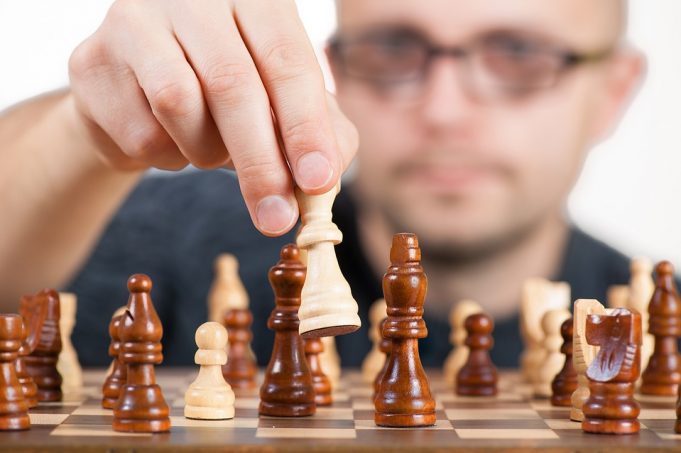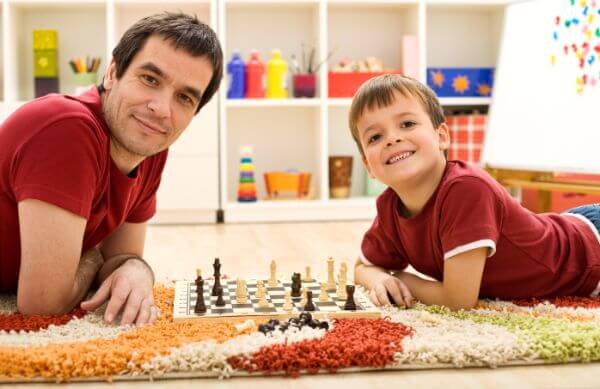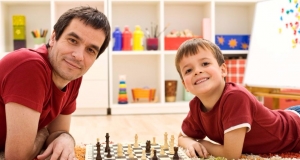It has been proven through observation and academic studies that playing chess can make you smarter. Chess is often called “the game of kings” because of its dominant history in the life of royalty. Chess was often played by kings and ranking military officers to help them make better decisions in the heat of battle. Kings also looked at chess as a way to practice political strategy in an abstract way.
Chess increases the brain’s analytical thinking and concentration ability, and it is especially beneficial to children. Chess helps teach children decision making and increases their mental skills. Children who regularly play chess are shown to have higher reading and mathematics test scores. This is explained by D. Calvin F. Deүermond, the Assistant Superintendent for Curriculum and Instruction at the North Tonawanda City School District, “Chess develops intellectual, aesthetic, sporting, decision making, concentration, and perseverance skills…Not only is it mentally challenging, [the game] attracts not only gifted pupils but also students at all levels of learning. Many students who have been experiencing problems, particularly in mathematics and reading, sometimes demonstrate remarkable progress after learning chess.” Research has also shown that children with Attention Deficit Disorder are often help by regularly playing chess.
Chess can be used as a way to teach children to be good sports in competitions. General chess etiquette requires a player to be courteous of those they are competing against and others that are playing games around them. Breaches in etiquette can effect a player’s time in the game or even make them forfeit the game. These etiquette rules and penalties can help make a child more graceful and accepting of losing.
Adults that play chess will also see the benefits. Their memory and concentration will improve. The ability to plan moves ahead gained from chess can help adults with time management. Problem solving is another skill gain by playing. Even Benjamin Franklin knew this early as the 18th century. “Chess teaches foresight, by having to plan ahead; vigilance, by having to keep watch over the whole chess board; caution, by having to restrain ourselves from making hasty moves; and finally, we learn from chess the greatest maxim in life – that even when everything seems to be going badly for us we should not lose heart, but always hoping for a change for the better, steadfastly continue searching for the solutions to our problems.”
A chess board doesn’t have to be fancy or even a physical board. The best type of chess board for a player depends on the player’s personality. A more artsy play may appreciate a classic hand carved wood board and pieces. While a player who is into technology would most likely prefer an electronic version of the game. Chess boards come in all different types of themes and prices, but the game itself is the same no matter what type of board is being played on.
Chess has been known as an extremely useful game for teaching life skills for over 1500 years. Chess can take as little as a few days to learn to play, but can take lifetimes to master. It is beneficial to both children and adults alike for developing useful skills to survive, and can have a major impact on mental abilities of those that regularly play.
About the Author
Rebecca Jones is a chess fanatic to say the least. Rebecca has played in competitive public chess matches since the age of nine. Now she loves to teach others how to play chess and give tips on her Instant Checkmate Chess blog. Read more of Rebecca’s work and chess tips on her instant checkmate chess blog.






















I totally agree when you said that learning chess is easy, but it is hard to master. With that in mind, I will be hiring a teacher for my son one of these days. This is because he wanted to become their school’s representative next school year. His love for chess started when he watched a TV series regarding this sport three years ago.